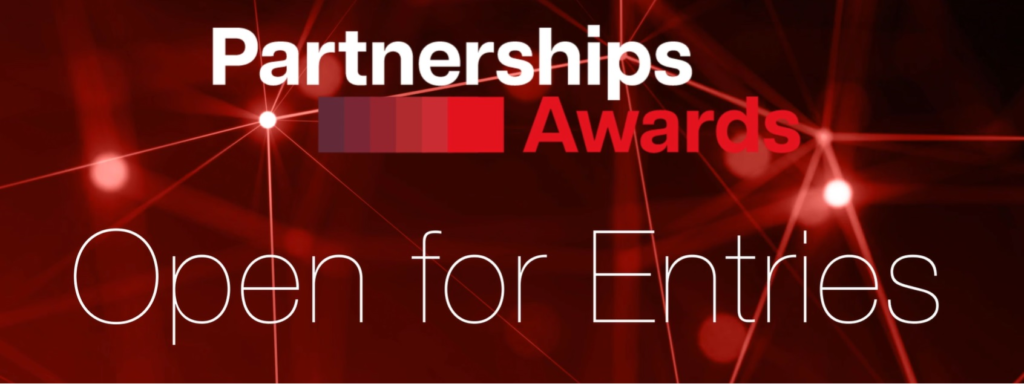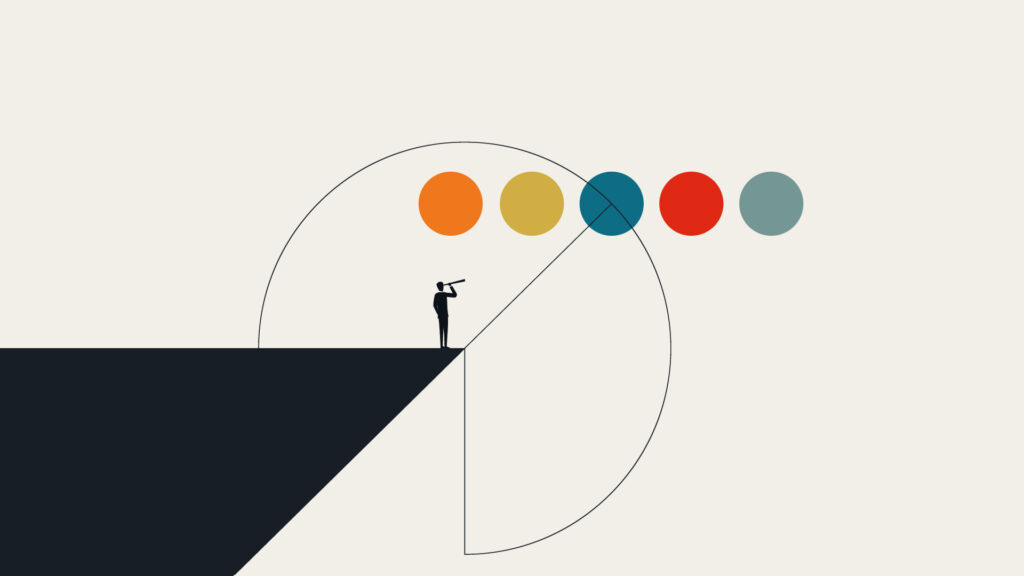October 2021
Dyslexia Awareness Week – Celebrating Vercity Neurodiversity

Vercity celebrates inclusion through FREDIE principles and with the development of our diverse staff. For Dyslexia Awareness Week, two Vercity team members shared their stories of living and working with this.
Lucy Birch and Andrew Crossland spoke to Ellie Rowland-Callanan about their different personal experiences of dyslexia.
Thank you for both agreeing to share your own stories. What was your experience of Dyslexia growing up?
Andrew – I wasn’t aware I had dyslexia as a child, nor did anyone else realise, but now I can recognise it with a greater understanding. I was identified to have dyslexia when I was 24, entering my final year of a 5-year part time university course; up to that point through school and university it was said that I just did enough to pass, suggesting I wasn’t giving it my all; this was very frustrating.
Lucy – I was diagnosed at an early age. I went to see a speech therapist with a lasting memory of learning to say “Mrs Susan’s sweet shop is filled full of sweets.” I had assistance when I was in primary school, which I loved as it meant I got out of doing spelling tests each week! When I went to secondary school I was seen as “not Dyslexic enough” but did secure assistance again at Uni.
Dyslexia wasn’t as widely understood when I was growing up and famous people weren’t sharing that they had dyslexic like they do now. I find it strange that it’s called something that is so hard to spell! I was never the biggest reader but learnt that I found it easier when using a ruler or a bookmark for each line when I was younger and to buy larger print as to not feel overwhelmed with the amount of text on the page. My Mum was always my biggest advocate and tried to mix my love of sport with reading. I would read anything sport related; I must have been one of the only 10-year-old girls with a Rugby World subscription back in the 90’s.
I was always very logical in my thinking and went down the maths route with a degree in Economics with Accountancy at Loughborough University.
How has your experience evolved throughout your time in the workplace?
Andrew – I have adapted through learnt techniques to help me to process information and present my work, through having a greater awareness of dyslexia; my reading and writing techniques may require more concentration, but now they produce great outcomes for me.
Lucy – When I first started in the workplace, I was paranoid about people finding out I was dyslexic. Things have changed in the last 10 years; people are more aware of dyslexia and I am now happier to own it. In a previous job I had to summarise calls for customers and send them out. It made me panic as I like to check things more times than most and I would spend my lunch breaks and time after work agonising over these before I sent them out. A new manager picked this up and let me have a little extra time after every call to check them.
I developed the confidence when I started at Vercity to advise people I was dyslexic from day one and now know it is one of my superpowers.
What would you like people to know about working with neurodiverse colleagues?
Andrew – Neurodiverse colleagues add value with unique skills and perspective to a team, enhancing outcomes. Having an awareness of colleagues’ abilities gets the best from them and helps with personal development. I’m aware that my Dyslexia also offers a flair for creativity, memory, method and logic.
Lucy – That everyone has different strengths and needs and the best person to ask is them if there is any support they need. If someone has Dyslexia it definitely does not mean they are “thick” or “bad at writing”, I got an A* in English and English Literature at GCSE!
What does Allyship mean to you?
Andrew – An act of inclusion and support for a person or group who may be getting overlooked for their differences; it is such differences that can provide an alternative perspective and greater understanding to your own.
Lucy – To me, an ally is someone who takes the time to ask what support another person needs instead of assuming.
What advice would you give (in the context of Dyslexia Awareness) your younger self?
Andrew – “Don’t be afraid to ask and express your thoughts but remain patient with yourself; not everyone can understand you yet. Your dyslexia can present self-doubt and frustrations; not only the output can appear jumbled up, but also your emotions and thoughts.“
At the age I became aware, it was a revelation with the many questions I had finally being answered. Understanding dyslexia has given me a greater awareness, which has enhanced my life and relationships with those who know me.
Lucy – “Don’t worry about what people think and have the confidence to understand your needs. Being Dyslexic doesn’t have to hold you back. Have the strength not to hide it as it’s not a weakness and shouldn’t define you. View it as a positive and be aware that you might do things differently to others and that is ok, you have other strengths that they might not have because you are Dyslexic.“
Thanks again to both of you for your bravery in sharing your experiences.


